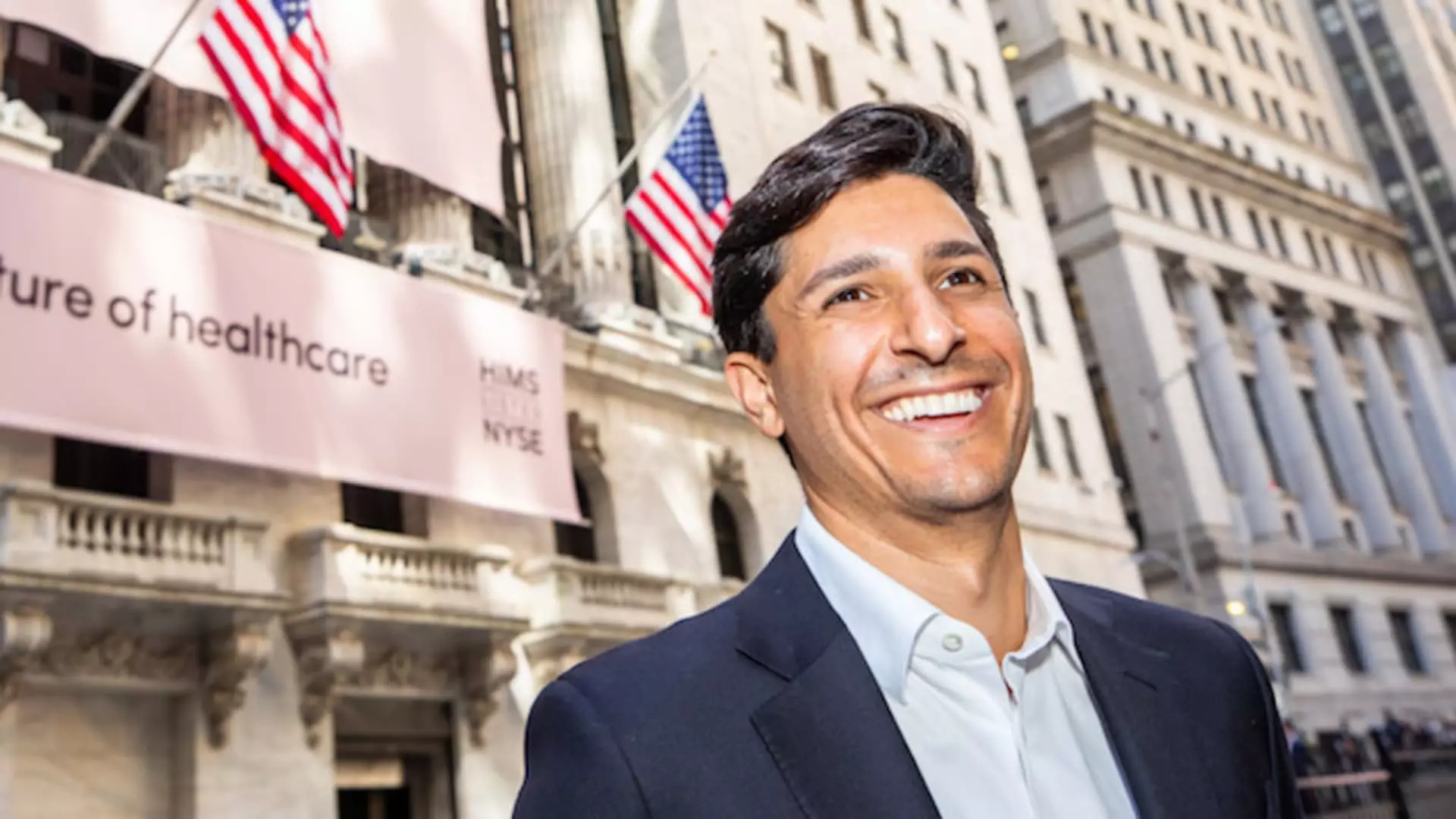In the intricate web of health, technology, and politics, substantial financial contributions from corporations often stir debate about the influence of money on policy-making. A recent development highlighting this interplay is the $1 million donation by Hims & Hers Health to President-elect Donald Trump’s inauguration fund. As a key player in the digital health sector, Hims & Hers reflects a broader trend among tech companies attempting to align themselves with new political regimes. This article delves into the motivations behind such donations, the implications for healthcare, and the broader ramifications for corporate governance in the American political landscape.
Corporate donations to political funds often serve multiple purposes. For companies like Hims & Hers, contributing to the inauguration fund of a high-profile political leader may be seen as a strategic investment in their brand image and access. By aligning with the incoming administration, companies hope to foster relationships that may facilitate favorable policy decisions impacting their industry. This alignment is not limited to healthcare; various tech giants, including OpenAI and Meta, have also contributed, suggesting a concerted effort among industry leaders to gain a foothold in a changing political climate.
Hims & Hers articulated their support in a statement, emphasizing a commitment to leaders who aim to reform America’s healthcare system. However, this raises questions about the integrity of such claims—are these companies genuinely interested in reform, or are they primarily motivated by profit? The challenge lies in discerning whether these philanthropic gestures translate to genuine advocacy or merely serve as a veneer over self-interest.
As a rising star in the digital healthcare ecosystem, Hims & Hers has notably gained traction with its weight loss offerings, particularly compounded semaglutide. This drug is a more cost-effective alternative to existing obesity medications like Ozempic and Wegovy, which can be prohibitively expensive without insurance. By offering compounded versions, Hims & Hers is addressing a significant gap in care—yet this brings additional ethical considerations.
The involvement of political figures in the drug landscape complicates matters further. Trump’s administration is expected to have an evolving stance towards GLP-1 medications, especially given the contrasting viewpoints expressed by key figures such as Robert F. Kennedy Jr., who advocates for lifestyle changes over drugs. Conversely, Elon Musk’s vocal support for lowering the cost of such medications illustrates the polarized yet influential discourse surrounding health policies.
The donations made by corporations like Hims & Hers and others raise alarms regarding the risks associated with corporate influence in healthcare policy. When financial contributions to political figures become intertwined with the regulatory landscape, there is potential for conflicts of interest to surface. The fear is that instead of policies being crafted based on public health needs, they could cater to corporate profits.
Moreover, the future direction of the healthcare system under continued corporate influence poses serious ethical dilemmas. Regulatory bodies like the FDA, which is supposed to act independently, may face pressures from corporate donors to favor certain medications or treatments over alternative approaches. This concern underscores the vital need for transparency and integrity within the intersections of health, technology, and politics.
In light of these developments, it becomes imperative to advocate for stronger accountability measures governing corporate contributions to political entities. Ensuring that healthcare policies are developed based on empirical evidence and the greater public good is crucial for restoring trust in the healthcare system. Industry stakeholders must also be mindful of their role in shaping public perceptions and policymaking through monetary influence.
As the healthcare landscape continues to evolve in response to political dynamics, it is critical for consumers, advocates, and lawmakers to remain vigilant. Citations of ethical practice should not merely remain aspirations but be ingrained in the very fabric of corporate governance. The reliance on corporate philanthropy to foster change in the healthcare system must be scrutinized to ensure it aligns with societal needs rather than corporate profits.
As seen through the lens of Hims & Hers’ recent contributions, the intersection of corporate interests, healthcare, and politics requires careful navigation. The potential for improved healthcare systems should always be prioritized over profit motives to achieve a fair and effective healthcare landscape for all.


Leave a Reply